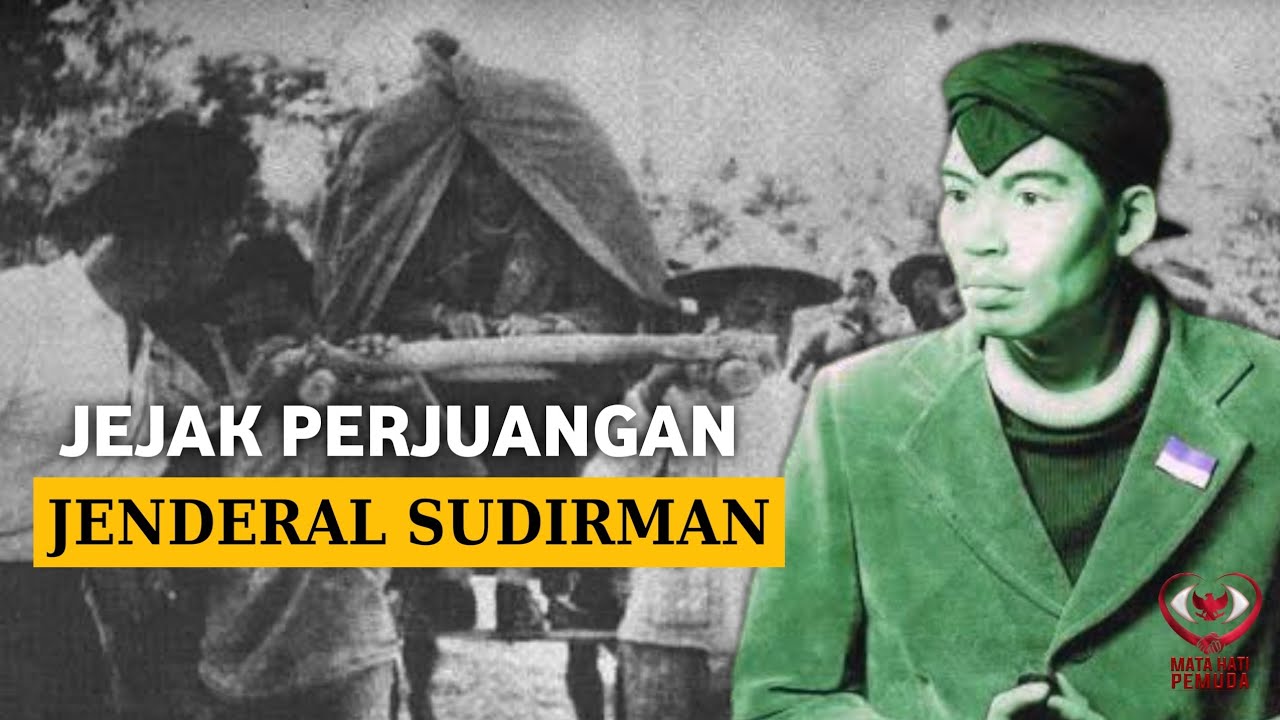L'Ascension d'Hitler - Biographie
Summary
TLDRAdolf Hitler, born in 1889 in Austria-Hungary, rose from humble beginnings to become one of the most powerful men of the 20th century. After serving in World War I, Hitler joined the German Workers' Party, later becoming the leader of the Nazi Party. His nationalistic and anti-Semitic views fueled his rise to power, culminating in his appointment as Chancellor of Germany in 1933. Following a failed coup in 1923, he used political maneuvering to dismantle the Weimar Republic and establish a totalitarian regime, ultimately consolidating supreme power in Germany after the death of President Hindenburg.
Takeaways
- 😀 Hitler was born in 1889 in Austria-Hungary and moved to Germany at the age of 3.
- 😀 As a young man, Hitler became obsessed with German nationalism and developed anti-Semitic views.
- 😀 Hitler's beliefs were contradictory, as he opposed both capitalism and communism, possibly rebelling against his authoritarian father.
- 😀 During World War I, Hitler served in the German army, fought on the Western Front, and was decorated for bravery.
- 😀 After the war, Hitler joined the German Workers' Party and became known for his speeches opposing the Treaty of Versailles and Jewish people.
- 😀 In 1921, Hitler became the leader of the National Socialist German Workers' Party (Nazi Party).
- 😀 Hitler's passionate speeches attracted attention, and he was seen as a solution to Germany's political instability.
- 😀 On November 8, 1923, Hitler attempted the Beer Hall Putsch, a failed coup that led to his arrest for high treason.
- 😀 While in prison, Hitler's popularity grew, and he wrote his infamous book *Mein Kampf*, outlining his political views.
- 😀 In 1933, after pressure on President Hindenburg, Hitler was appointed Chancellor of Germany, marking the start of the Nazi dictatorship.
- 😀 The Reichstag fire in 1933 allowed Hitler's government to pass a decree suspending civil rights and imprisoning political opponents.
- 😀 Hitler consolidated power by making the Nazi Party the only legal party and dissolving opposition parties in Germany.
- 😀 After Hindenburg's death in 1934, Hitler became both Chancellor and President, gaining supreme power in Germany.
Q & A
What was Adolf Hitler's early life like?
-Adolf Hitler was born in Austria-Hungary in 1889, but his family moved to Germany when he was three. Growing up in poverty, he became obsessed with German nationalism and expressed anti-Semitic views.
How did Hitler's views differ from mainstream ideologies?
-Hitler was strongly opposed to both capitalism and communism, and his beliefs were seen by some as a way to rebel against his authoritarian father, who wanted him to follow in his governmental footsteps.
What role did Hitler play during World War I?
-During World War I, Hitler served in the German army, fighting in France and Belgium. He was decorated twice for his bravery on the Western Front.
How did Hitler join the Nazi Party?
-After the war, Hitler joined the German Workers' Party, which shared his views. He quickly became known for his passionate speeches, which led to his appointment as the leader of the newly renamed Nazi Party in 1921.
What was the Beer Hall Putsch, and what happened during it?
-The Beer Hall Putsch occurred on November 8, 1923, when Hitler attempted a coup in Munich. He and his followers stormed a brewery with 3,000 people inside, but the coup failed, and Hitler was arrested for high treason.
How did Hitler's imprisonment impact his rise to power?
-During his imprisonment, Hitler wrote his book *Mein Kampf* (My Struggle) and his speeches gained national attention. His popularity grew, and he shifted his approach to gaining power through the democratic system rather than revolution.
What was the significance of the Nazi Party's performance in the 1932 election?
-In the 1932 election, the Nazi Party went from being the 9th largest to the 2nd largest party in the German parliament, signaling the growing political influence of Hitler and the Nazis.
Why did President Paul von Hindenburg appoint Hitler as Chancellor?
-Despite losing to Paul von Hindenburg in the presidential election, Hitler was increasingly seen as a viable alternative in German politics. Under pressure, Hindenburg appointed Hitler as Chancellor in a coalition government on January 30, 1933.
What was the impact of the Reichstag Fire on Hitler's rise to power?
-After the Reichstag Fire, which destroyed the German parliament building, Hitler's government enacted a decree that suspended basic rights for citizens, allowing the arrest of political opponents. This helped consolidate Nazi power.
How did Hitler establish a dictatorship in Germany?
-Hitler passed laws that transformed Germany into a dictatorship. He banned opposition parties, making the Nazi Party the only legal party, and after President Hindenburg's death, Hitler became the supreme leader, consolidating all power.
Outlines

This section is available to paid users only. Please upgrade to access this part.
Upgrade NowMindmap

This section is available to paid users only. Please upgrade to access this part.
Upgrade NowKeywords

This section is available to paid users only. Please upgrade to access this part.
Upgrade NowHighlights

This section is available to paid users only. Please upgrade to access this part.
Upgrade NowTranscripts

This section is available to paid users only. Please upgrade to access this part.
Upgrade NowBrowse More Related Video

The Real Story of Joseph Stalin | Best Stalin Documentary

FLORESTAN FERNANDES E A INTEGRAÇÃO DO NEGRO NA SOCIEDADE DE CLASSES

IMAM SYAFI’I - KISAH PERJUANGAN MENUNTUT ILMU ULAMA TERKEMUKA PENDIRI MADZHAB SYAFI’I

Henry VIII 1509-29: In what ways and how effectively was England governed during this period?

Jejak Perjuangan Sang Jenderal | Biografi Jenderal Sudirman

kisah Soichiro Honda Sukses Karena Ambisinya
5.0 / 5 (0 votes)